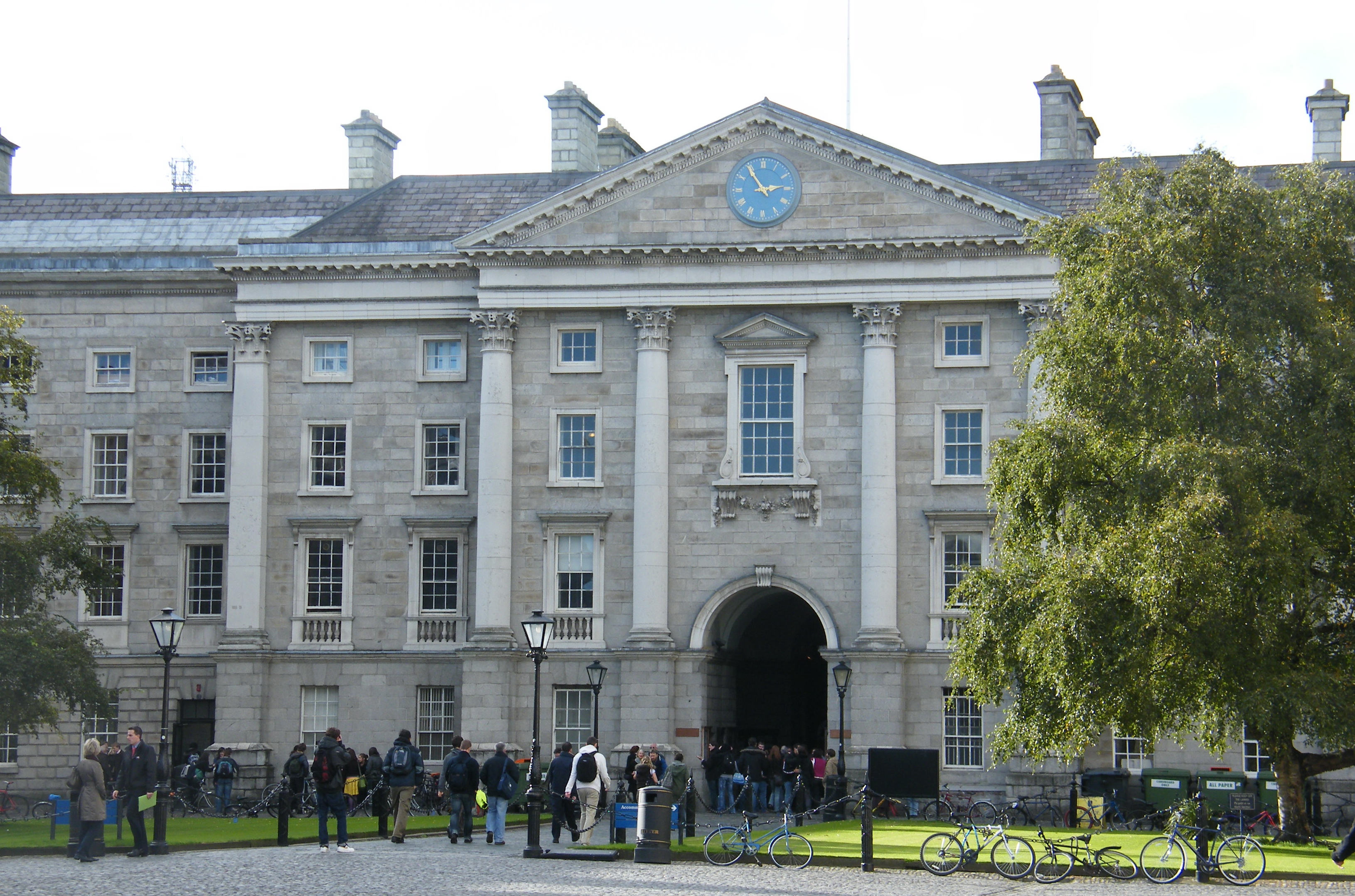
When I was in college a flight could cost a month’s wages and you needed a doctoral degree in international relations to get all the different visas required to travel across Europe. While this is an alien concept to students now, simply changing from currency to currency in each country was a major task and a big cost. That is all a thing of the past. The development and expansion of the European Union and cheap flights through competition have made travelling across Europe much easier. It is still not free, but by being creative with your study options you can give yourself a chance to explore Europe.
The European Union provides funding to students who want to do an exchange in a European University abroad. These exchanges are known by the EU programme that funds them – “Erasmus”. There is €14.7billion given by the European Union to fund the Erasmus+ programme from this year until 2020. Erasmus exchanges depend on what subject you are studying. This will determine where you can go. Students who “do an Erasmus” can study for an academic year in another European country. You are guaranteed that the time spent abroad is recognised by your college when you come back. The choice is huge. There are 4,000 colleges involved. While it might seem like an Erasmus exchange is something for the elite, in 2012-13 over a quarter of a million students took part in Erasmus. The most popular destinations for students were Spain, Germany, and France.
The most important part is that there is no extra tuition fees payable to the university you visit. You can also apply for an Erasmus grant to help cover the additional expense of living abroad. Everything you need to know is waiting for you in the college’s International Office. The International team works in the Academic Registry in the Watts (formerly Biotechnology) Building, you can email them on [email protected]
It’s not just about study or seeing the world. While there is no doubt that studying abroad will help your CV stand out from the crowd when you leave college, there is so much more to the experience. For the vast majority of students on an Erasmus, it will be the first time they have lived abroad. Living in a new country, with a new language and new culture, it is impossible not to develop new levels of independence and self-reliance. These are not the only personal traits that can be gained. Becoming “culturally competent” is a huge advantage in a world where employment, entertainment, sports and socialising increasingly involve people from all over the world and are multi-cultural. I visited Google’s office in Dublin recently and of the 4,000 staff they employ, many are from overseas. Almost each floor of the thirteen floors in their Dublin HQ spoke a different language. “Culturally competence” is vital in the work environment of the future.
Total emersion in a country can dramatically improve your foreign language skills. But living abroad is so much more than that. What do you call the Guards in Italy? When do Germans exchange Christmas presents? What’s the Dutch for ESB? Do the Spanish celebrate two birthdays? While a foreign language is not essential there is no doubt that travelling in Europe will dramatically improve your communication skills. This is helpful for future job applications but also, more importantly, will make a big difference to your relationships for the rest of your life.
As an MEP I’m back and forward to Brussels every week. I cannot recommend working and studying abroad highly enough. I cannot recommend working and studying abroad highly enough. I will be supporting the continued funding of the Erasmus+ programme in the European Parliament so that as many Irish students as possible can take part in this journey. It’s not just a journey across Europe but also a journey of personal development. I hope you take the first step on this journey and contact the International Office in college today.
Brian Hayes studied in NUI, Maynooth and TCD. He is a former Fine Gael TD for Dublin South West and a former Minister of State in the Department of Finance. In May of this year he was elected a Member of the European Parliament for Dublin.






